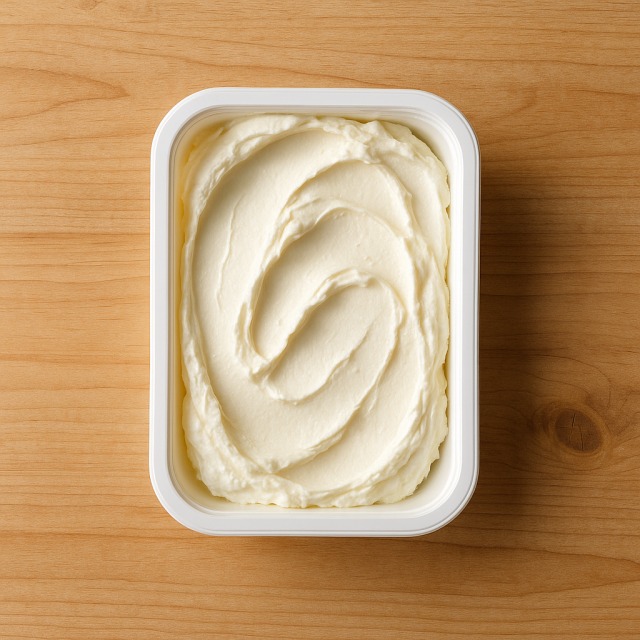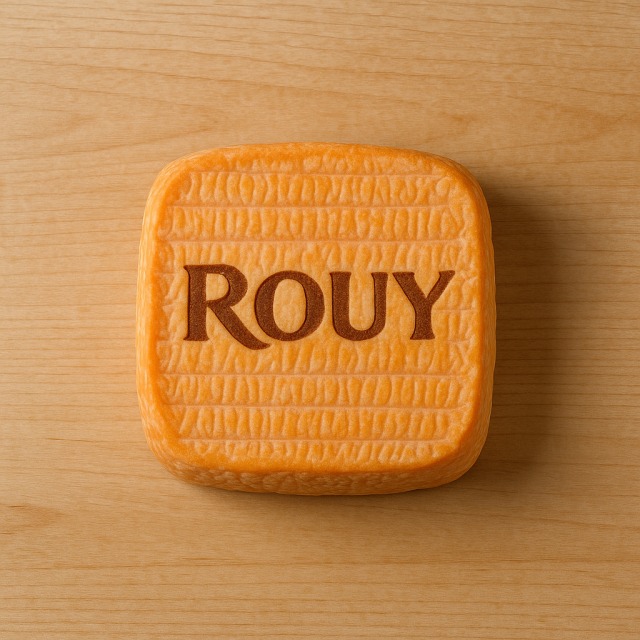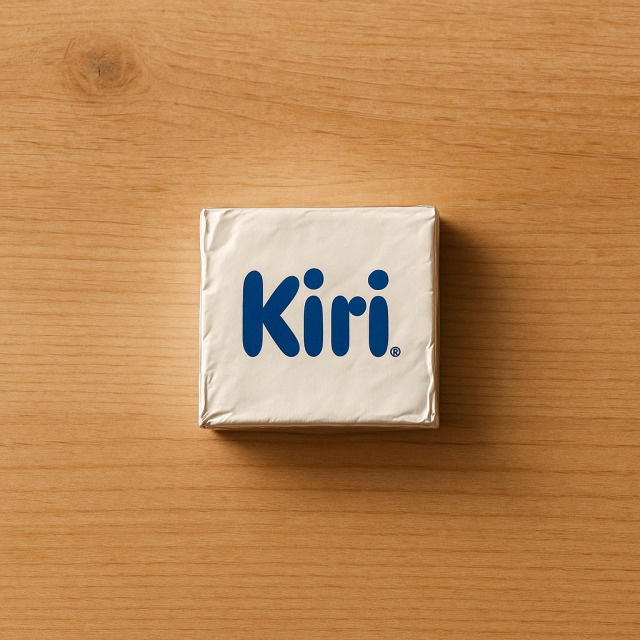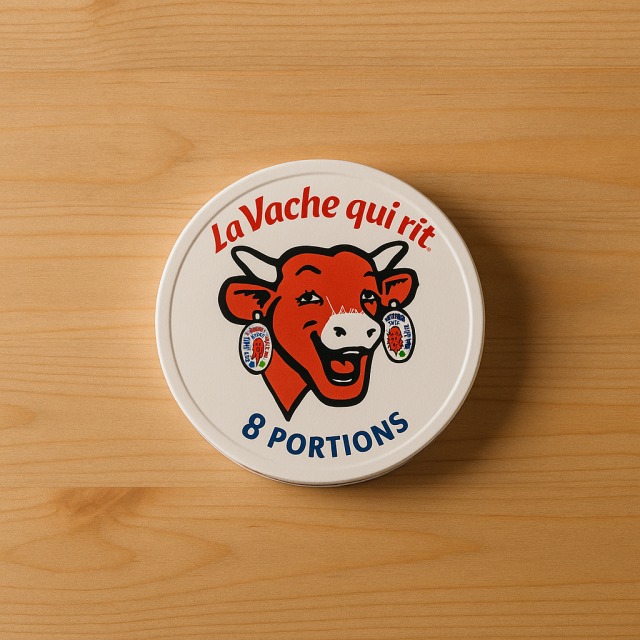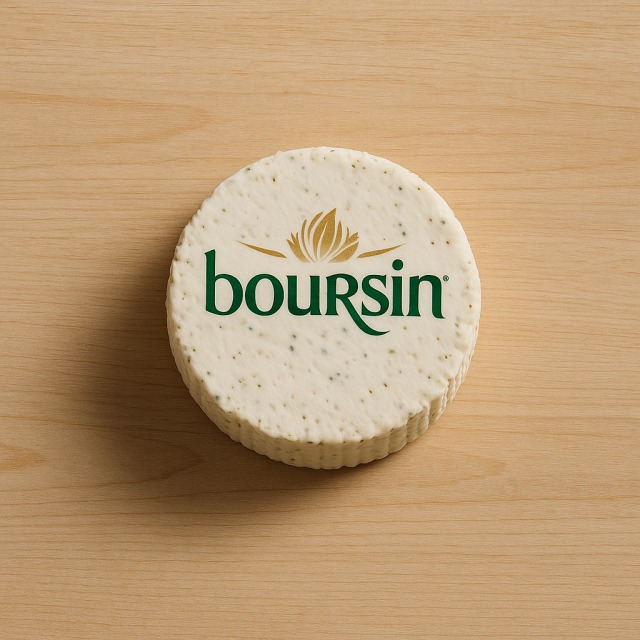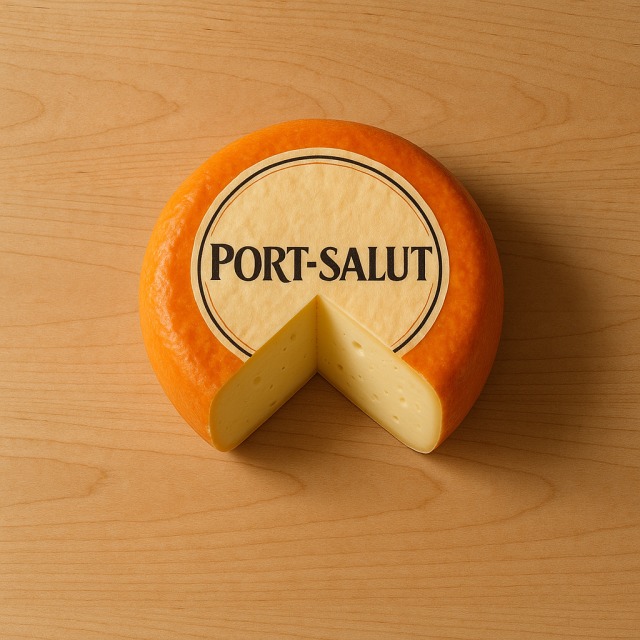Calorie Chart / Cheeses / Babybel
How Many Calories Are in Babybel?
Calculation of the nutritional value & Recommended Dietary Intake of Babybel
For g and a calorie requirement of kcal
| Calories 74 kcal | Proteins 4.8 g | Lipids 5.3 g | Carbohydrates 0 g |
| 4% | 6% | 8% | 0% |
Health benefits of Babybel
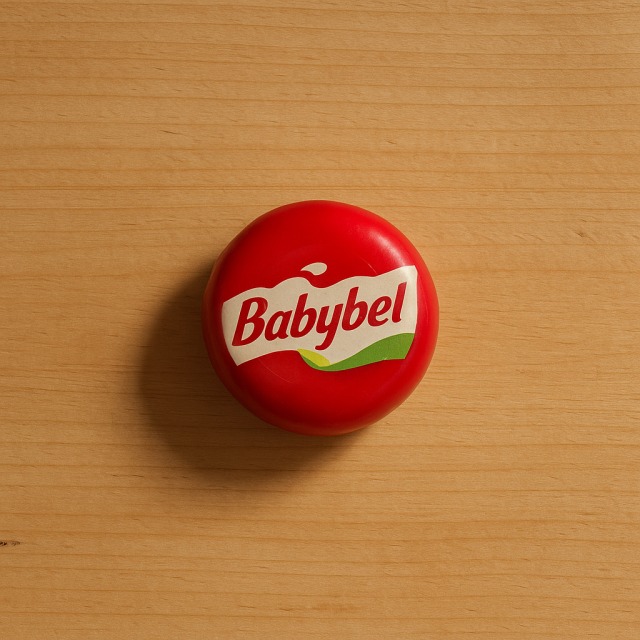
Babybel - 100g
Calories 335 kcal
Proteins 22 g
Lipids 24 g
Carbohydrates 0 g
Famous for its convenient wax-coated portions, Babybel is a semisoft cheese made from cow's milk. With 335 kcal per 100 g, it is considered a moderate-to-high-calorie food, yet its calories come largely from valuable nutrients rather than empty energy. Each bite supplies complete proteins rich in essential amino acids, helping muscle maintenance and recovery.
Babybel also contributes significant amounts of calcium and phosphorus, two minerals essential for bone mineralization, and provides vitamin B12 for normal neurological function. A moderate content of vitamin A supports vision and immune defenses. Because the cheese is naturally very low in lactose, many sensitive consumers digest it more easily than milk while still benefiting from its calories and proteins.
The combination of 22 g of proteins and 24 g of lipids per 100 g gives Babybel a satiating power that can curb hunger between meals. Its tidy format was originally designed in France in the 1970s to extend shelf life without additives—an anecdote that explains why its calories stay stable even after several hours outside the fridge.
In short, Babybel delivers concentrated nutrients and calories in a small package, making it practical for athletes who need quick energy, as well as for people looking to monitor or boost their calorie intake in a controlled way.
Tips for incorporating Babybel into a balanced diet
If you wish to enjoy Babybel while keeping calories in check, pair a 20 g portion (about one mini-cheese) with raw vegetables such as sliced cucumber or cherry tomato. The fiber and water in these sides increase satiety without adding many calories.
For a balanced lunchbox, roll thin Babybel slices into a whole-grain wrap with grilled chicken breast strips and crisp lettuce. The extra proteins help stabilize blood sugar and keep total calories moderate compared with a sandwich made with refined bread and mayonnaise.
Athletes seeking dense yet wholesome calories can melt Babybel over steamed broccoli and sprinkle crushed almond on top. This quick gratin supplies quality fats, plant micronutrients and the complete proteins of dairy for post-workout recovery.
Craving comfort food? Replace part of the mozzarella in homemade pizza with diced Babybel: its flavor allows you to cut the cheese quantity by a third while preserving taste, thus trimming calories subtly. Like any cheese, Babybel should be weighed rather than estimated when you log daily calories.
Frequently Asked Questions
- How many calories are in Babybel?
- Babybel provides 335 kcal per 100 g.
- Is Babybel a good source of protein compared with its calories?
- Yes. With 22 g of proteins for 335 kcal, Babybel offers an excellent protein-to-calorie ratio, making it useful for muscle repair and satiety.
- Can Babybel fit into a calorie-controlled weight-loss diet?
- Absolutely—if portions are measured. One mini Babybel (≈20 g) supplies roughly 67 kcal, so you can track its calories precisely while benefiting from calcium and protein.
- Is Babybel suitable for a ketogenic or low-carb plan focused on calories from fat?
- Yes. Because it contains virtually no carbohydrates, Babybel delivers calories mainly from fat and protein, matching ketogenic macros.
- How many Babybel portions can I eat daily without exceeding my calorie goal?
- That depends on your personal allowance. For example, on a 1,800-kcal diet, three minis would add about 200 kcal—just over 10% of daily calories. Adjust the rest of your meals accordingly.
Similar foods
Information provided by Calorie Menu may contain inaccuracies or errors. It cannot, under any circumstances, substitute medical advice or medication.
